
Czechoslovak German studies expert, literary historian and critic, diplomat in Czechoslovakia and Great Britain.
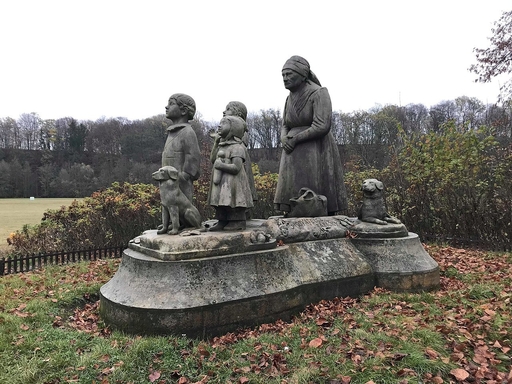
The valley where the plot of the novel The Grandmother (Babička) by Božena Němcová is set.
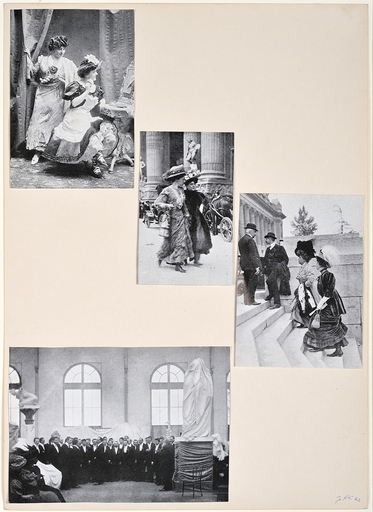
Czech art group, formed in 1942. It consisted of artists and writers focused on capturing the existential and everyday feelings and concerns of urban people.
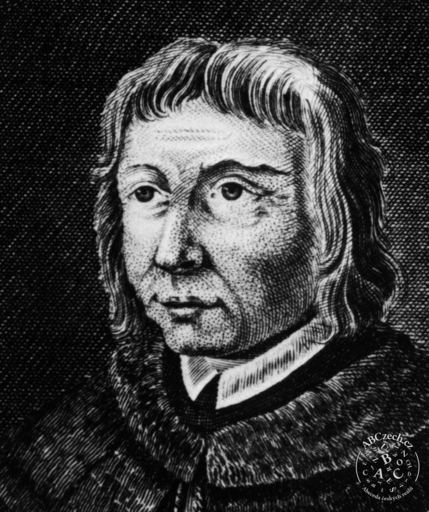
The most famous historical humanities work, published in 1541. The Chronicle’s popularity was mostly due to its use of Czech language close to common speech.
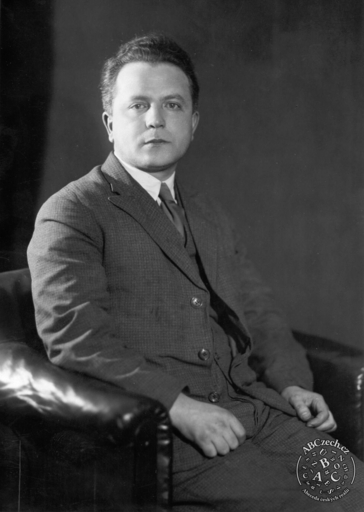
Czech poet who originally started with proletarian poetry and poetism, but as early as 1930s his poetics acquired an unusually intensive and individual expression stemming from a powerful tension between abstract thought and its sensory expression.

Poet, prose writer, dramatist, literary and theatre critic, feuilletonist and journalist. He is one of the leading representatives of the generation of the almanac Máj (May). His poetry was mostly about love and nature, while in prose he focused on social conflicts in the Czech countryside.
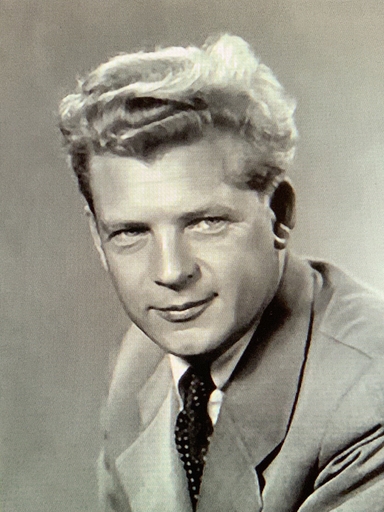
Czech explorer, writer, journalist and documentary filmmaker. Together with Jiří Hanzelka, he went on several expeditions on practically all continents.
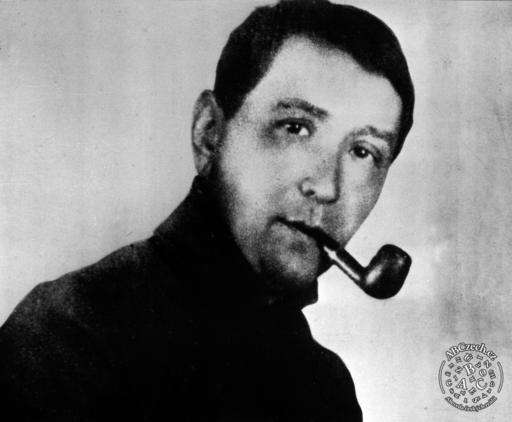
Prose writer, author of cabaret plays and a publicist. He became famous primarily as the author of The Good Soldier Švejk (Osudy dobrého vojáka Švejka za světové války).

Czech dramatist, one of the most significant Czech authors of the Theatre of the Absurd, poet, political dissident, the last Czechoslovak president (1989–1992) and the first President of the Czech Republic (1993–2003).

Writer, humourist and editor famous for his feuilletons, stories and novels set in Prague. Many of his works were adapted for screen, primarily because of their colourful description of the Prague atmosphere.
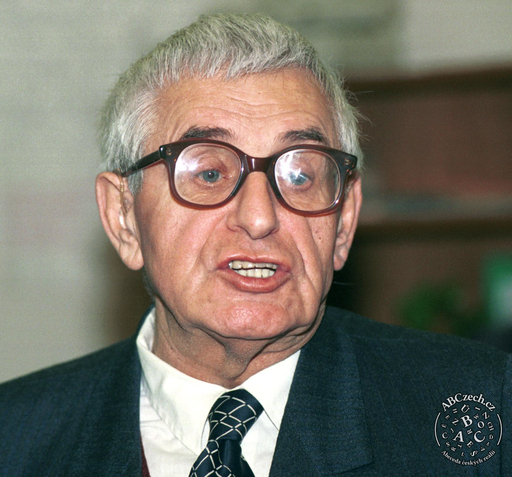
Poet, prose writer, translator, author of experimental poetry and literature for children.

Lyrical poet and fine artist, one of the most leading figures of Czech Symbolism and Decadence associated with the magazine Moderní revue.

Theoretician of literature and prose writer whose entire work is characterised by a fusion of themes from literary studies, which she deals with as a researcher, with her own literary works.
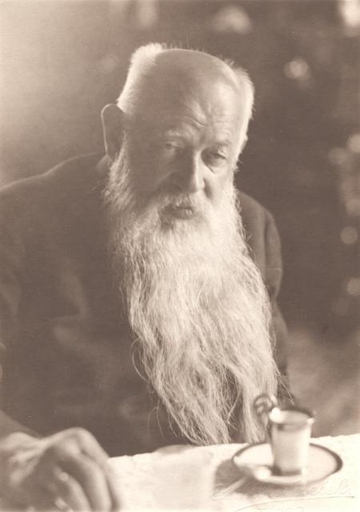
Prose writer and poet, representative of Czech Realism. His works mainly dealt with south Bohemian countryside. He inspired Czech Ruralists in the first half of the 20th century.
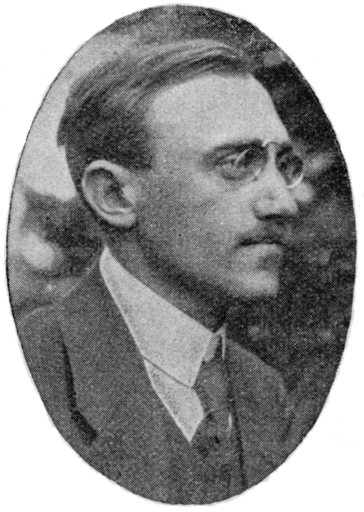
Poet, author of reflective lyrical poetry of time and silence, prose writer, literary critic and translator, one of the leading figures of Czech proletarian poetry.
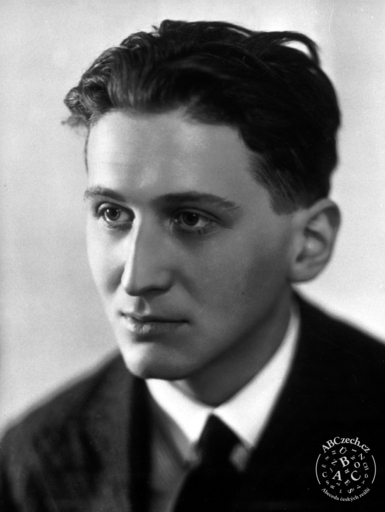
Writer and journalist whose work deals with existential, philosophical and psychological conditions of human life.

One of the most famous and most translated Czech writers. Many of his works have been turned into a film. Hrabal’s texts, which mostly deal with everyday life, completely ignored the rules of Socialist Realism.
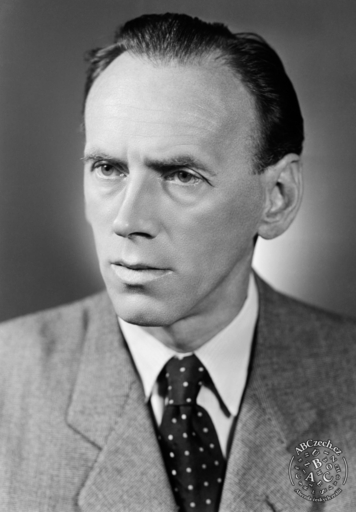
Writer of natural and love lyrical poetry, prose writer, dramatist and translator from French. One of the most famous 20th-century Czech poets.
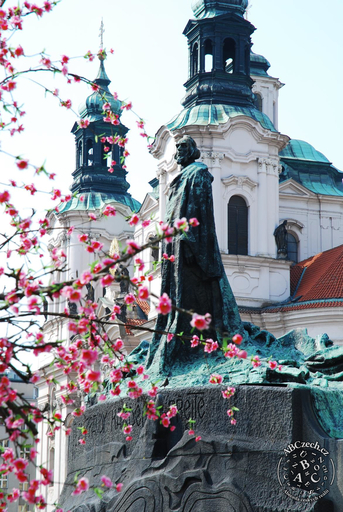
Medieval preacher, theologian and teacher. He struggled for a reformation of Church and was burned for his views. His teachings are regarded as one of the first steps toward the appearance of the European Reformation.
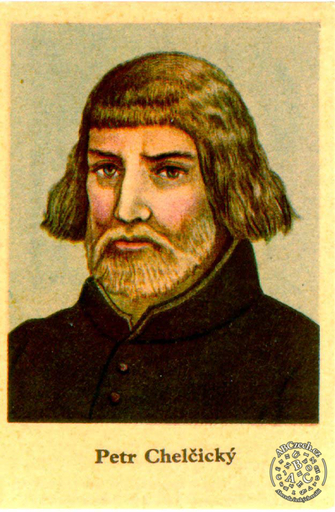
Religious thinker, writer and translator, one of the most prominent figures of the Czech literature of the era of the Hussite Wars and the main representative of the later form of the Hussite ideology.
2016-2020 ABCzech.cz - © Filozofická fakulta Univerzity Karlovy
Content from this website may be used without permission only for personal and non-commercial purposes and with the source cited. Any other use is allowed only with the authors' consent.
This web application Sonic.cgi meets GDPR requirements. Current information can be found here.